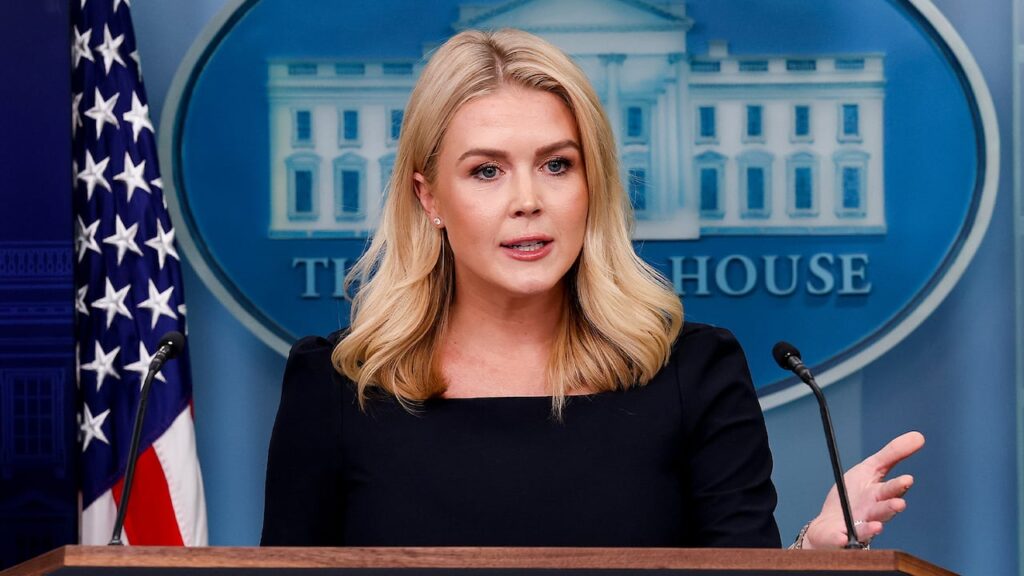In response to a question from CBC News, the White House press secretary revealed that President Donald Trump maintains the belief that Canada should become the 51st state. However, there seems to be some room for flexibility regarding tariffs on Canada’s auto sector. This statement hints at a potential shift in the U.S. administration’s stance towards Canada, particularly in the context of trade policies. The suggestion of a more adaptable approach to tariffs on Canadian automobiles could signify a willingness to engage in negotiations and potentially revise existing trade agreements between the two countries. This development raises questions about the future dynamics of U.S.-Canada relations and the implications for cross-border trade partnerships. It also underlines the importance of ongoing diplomatic discussions and the need for both nations to find mutually beneficial solutions in the realm of trade and economic cooperation. The White House’s acknowledgment of potential flexibility in trade policies towards Canada suggests a possible shift in the broader trade landscape, with implications for businesses and industries on both sides of the border. As developments unfold, stakeholders will closely monitor any policy changes and their impact on bilateral trade relations between the U.S. and Canada.
“Exclusive: White House Reveals Trump’s Continued Desire for Canada to Join as 51st State, Confirms to CBC News”

From CBC
This site is supported by our readers, so if you’re able to help, consider becoming a paid supporter. https://www.patreon.com/YUGENEWS
